Right to privacy: On Day 2 petitioners tell Supreme Court to lay down broad contours
Thu 20 Jul 2017, 20:33:20
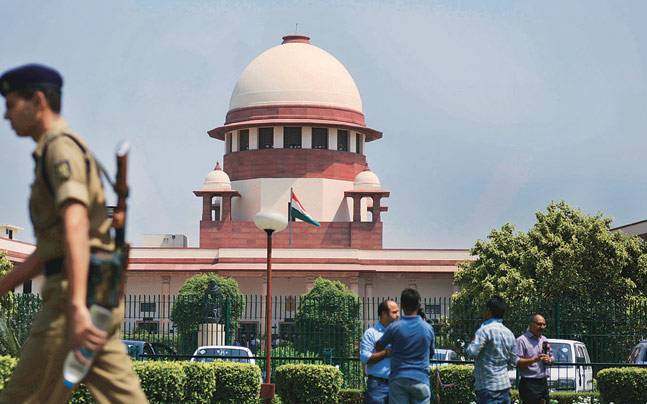
Hearing on right to privacy before the nine-judge Constitution bench of the Supreme Court continued for the second consecutive day today. The petitioners made a persuasive case for a broad definition of the right to privacy.
Arvind Dattar, senior counsel for the petitioners, argued that right to privacy flows from Article 14 (right to equality), Article 19 (freedom of expression) and Article 21 (right to life). The court must not strictly lay the right to privacy under a single article, he said.
Dattar argued that only the broad contours could be laid down rather than a strict definition. He said that neither the definition nor the restrictions should be laid exhaustively.
Justice Chelameswar remarked that "the right to privacy may have vague contours but not clear boundaries".
Justice
Chandrachud questioned senior counsel Anand Grover arguing for the petitioners and posed that how far the right to not to disclose identity can be protected especially when the state is using or collecting the data for social welfare schemes.
Chandrachud questioned senior counsel Anand Grover arguing for the petitioners and posed that how far the right to not to disclose identity can be protected especially when the state is using or collecting the data for social welfare schemes.
"So can a citizen refuse to give his name or details of his parents, or can a single mother choose not to share particulars of the father," questioned Justice Chandrachud.
The apex court also questioned the extent of data use and protection. The court said that a distinction must be drawn between legitimate and illegitimate data. For example when a state uses artificial intelligence to predispose an investigation or to identify "future criminals", that profiling is illegal. If the data is collected for socio-economic scheme or program that data won't be termed as illegal profiling.
No Comments For This Post, Be first to write a Comment.
Most viewed from National
Most viewed from World
AIMIM News
Latest Urdu News
Most Viewed
May 26, 2020
Can Lionel Messi's visit boost Indian football?
Latest Videos View All
Like Us
Home
About Us
Advertise With Us
All Polls
Epaper Archives
Privacy Policy
Contact Us
Download Etemaad App
© 2026 Etemaad Daily News, All Rights Reserved.

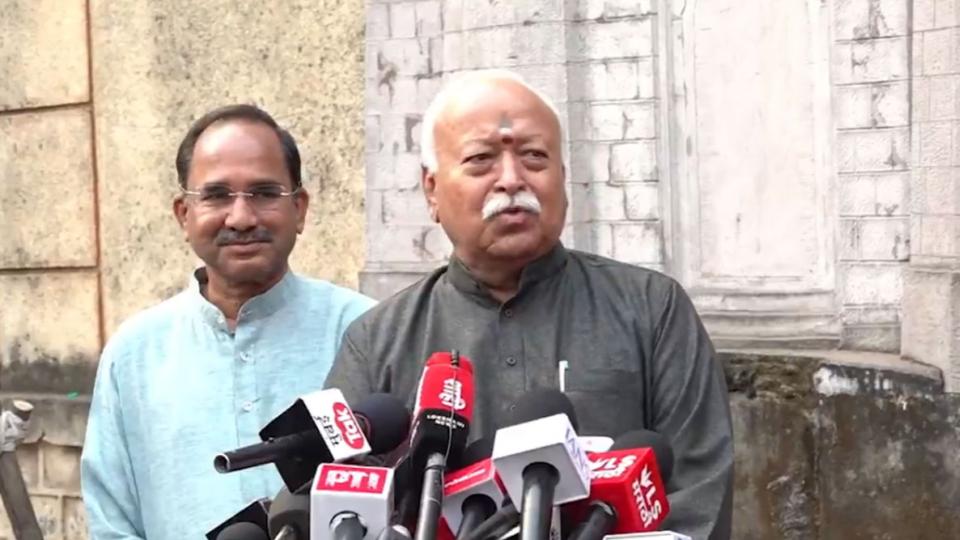

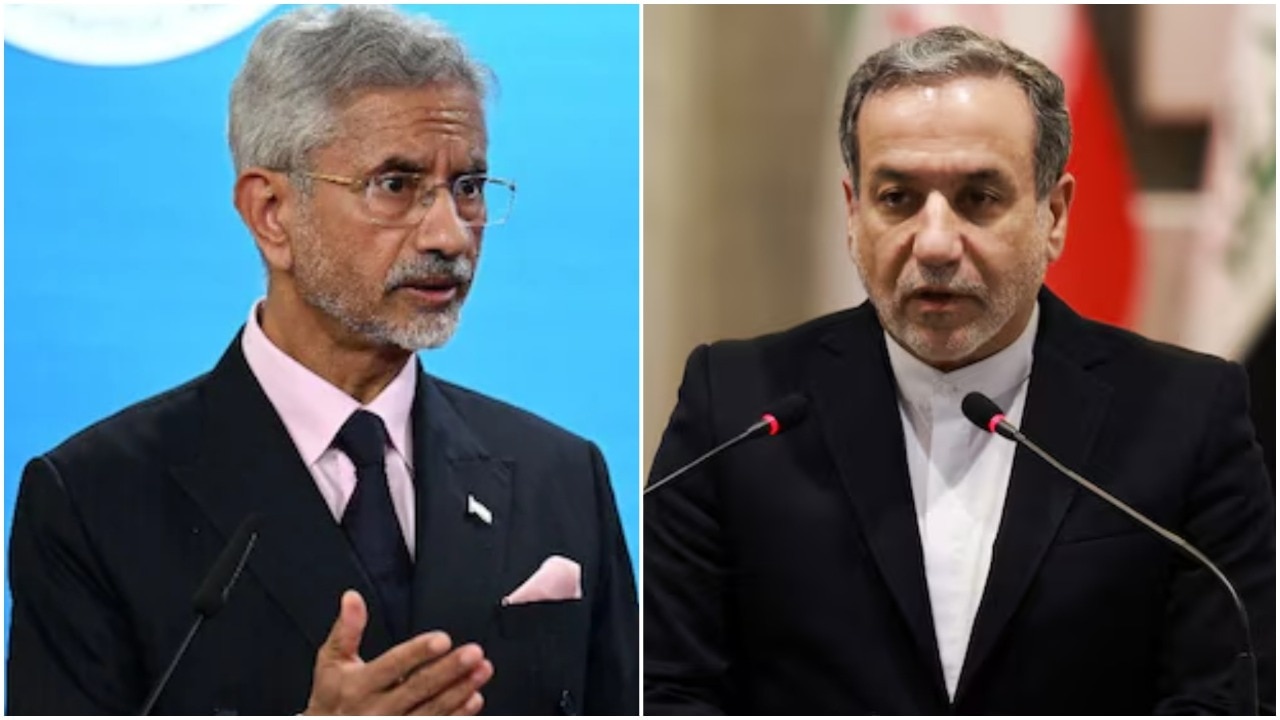
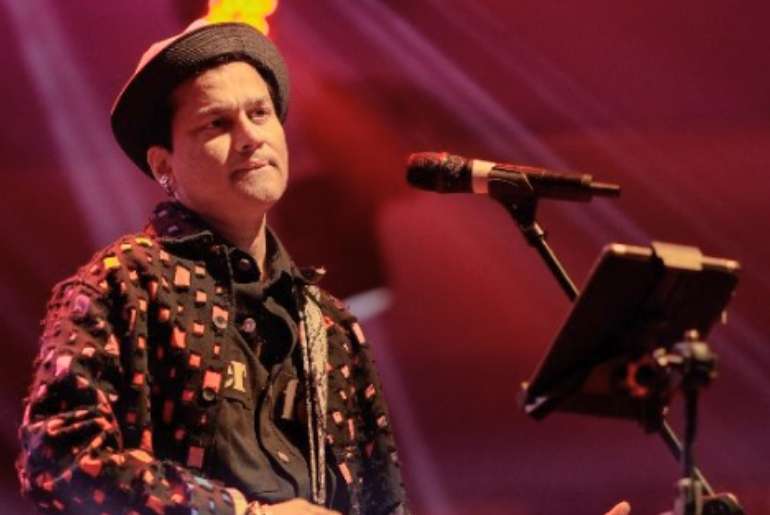
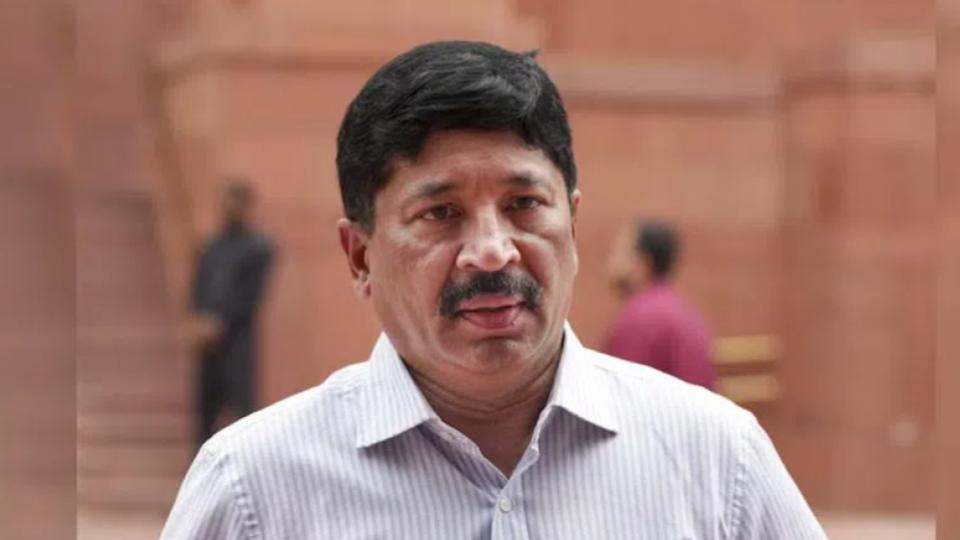
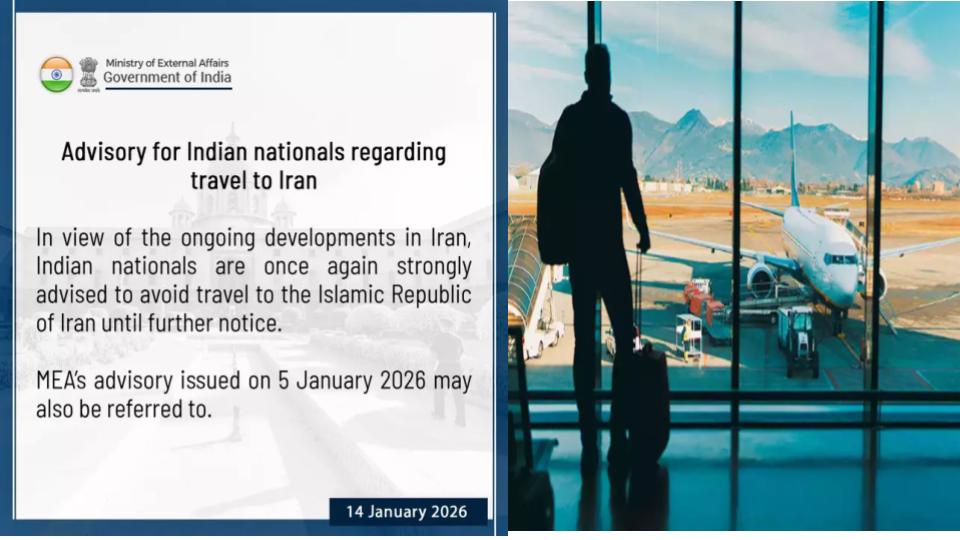
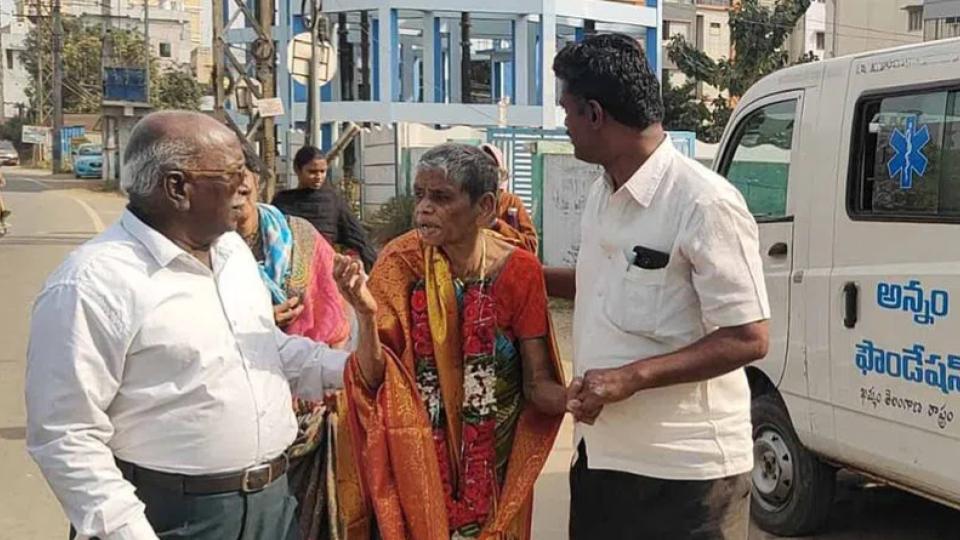
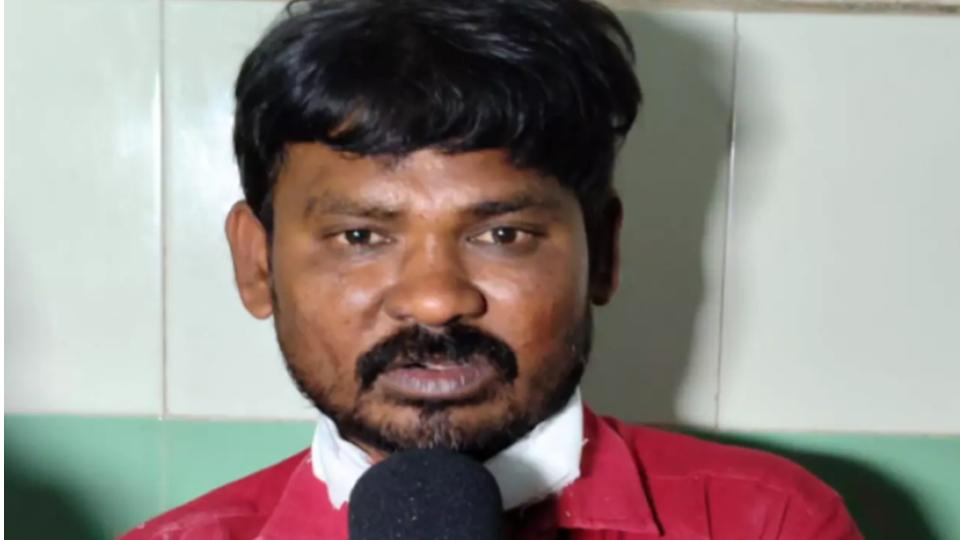
.jpg)


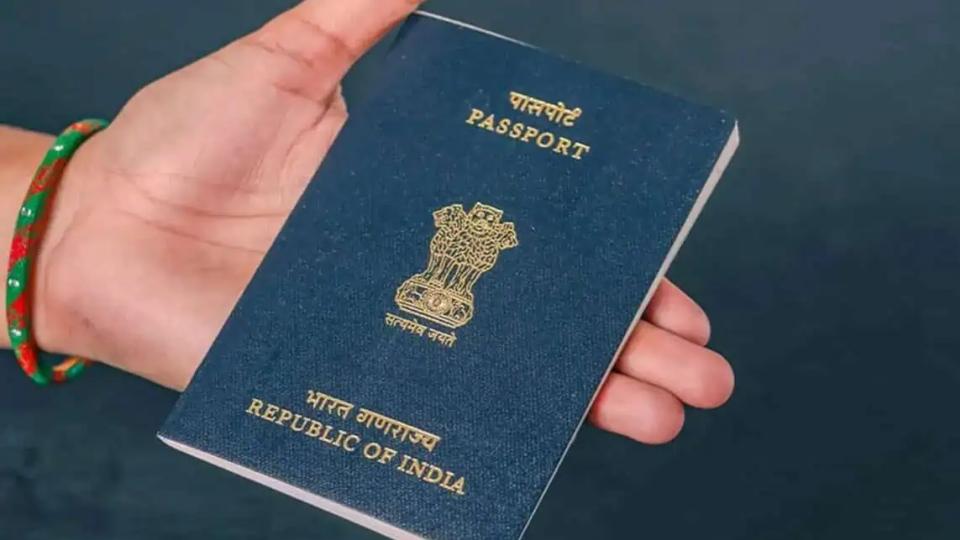


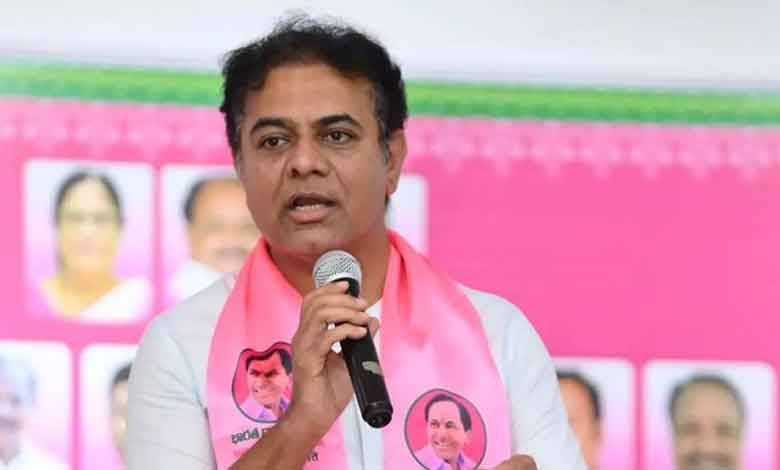

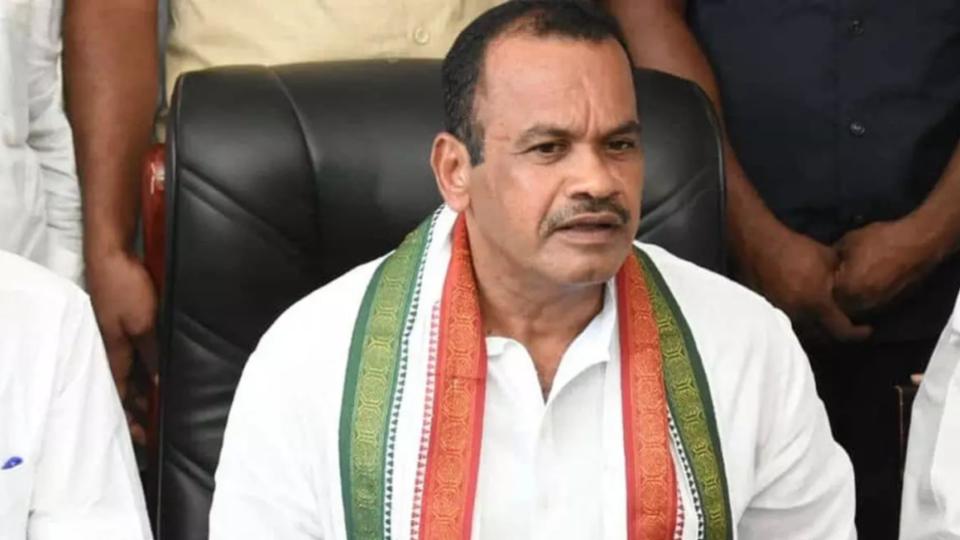
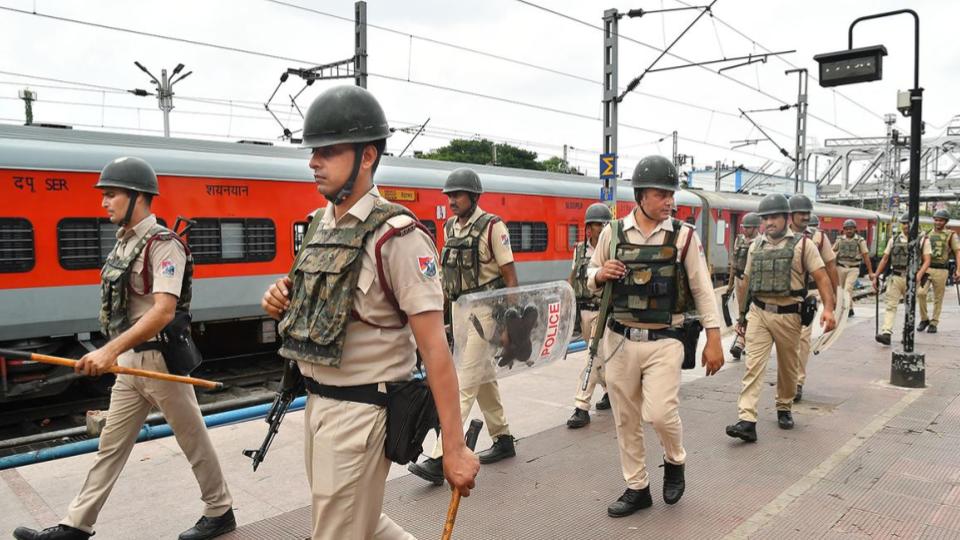


















.jpg)
.jpg)
.jpg)


